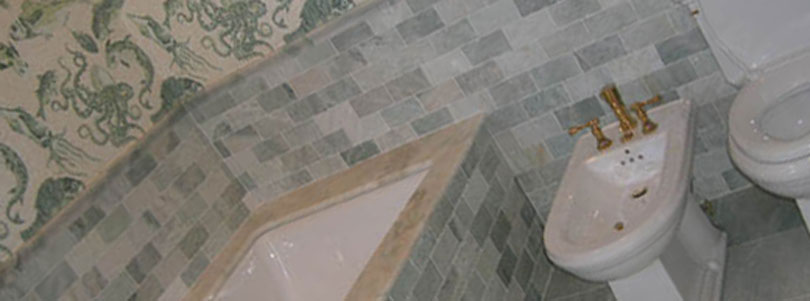Luxury as a Tax on the Rich
By way of a Wednesday morning history lesson, here is a passage from Edward Gibbon’s The History of the Decline and Fall of the Roman Empire that conveys an idea I’ve often made about how society should redistribute wealth:
Agriculture is the foundation of manufactures, since the productions of nature are the materials of art. Under the Roman empire, the labour of an industrious and ingenious people was variously, but incessantly employed, in the service of the rich. In their dress, their table, their houses, and their furniture, the favourites of fortune united every refinement of conveniency, of elegance, and of splendour, whatever could soothe their pride or gratify their sensuality. Such refinements, under the odious name of luxury, have been severely arraigned by the moralists of every age; and it might perhaps be more conducive to the virtue, as well as happiness, of mankind, if all possessed the necessities, and none of the superfluities, of life. But in the present imperfect condition of society, luxury, though it may proceed from vice or folly, seems to be the only means that can correct the unequal distribution of property. The diligent mechanic, and the skilful artist, who have obtained no share in the division of the earth, receive a voluntary tax from the possessors of land; and the latter are prompted, by a sense of interest, to improve those estates, with whose produce they may purchase additional pleasures. This operation, the particular effects of which are felt in every society, acted with much more diffusive energy in the Roman world.
However superfluous an item may be, it is of greater value than a bit of ugly paper and coin in a safe, if that wealth truly is surplus, and the wealthy will trade it away for anything that others can create and invest with value.
When government attempts to redistribute wealth by means of public compulsion, rather than with a reliance on individual desire, it creates incentive for those with the most advantage to evade this tax with the help of politicians, lawyers, and accountants. This evasion pushes the burden of the cost toward those who are less able to exploit the governing system precisely because their wealth is not idle, but is employed in the productive improvement of our society. In this way, the wealthy simultaneously hold on to their existing wealth and create barriers for those whose entrepreneurial zeal would claim an increasing share of the economy through competition.




